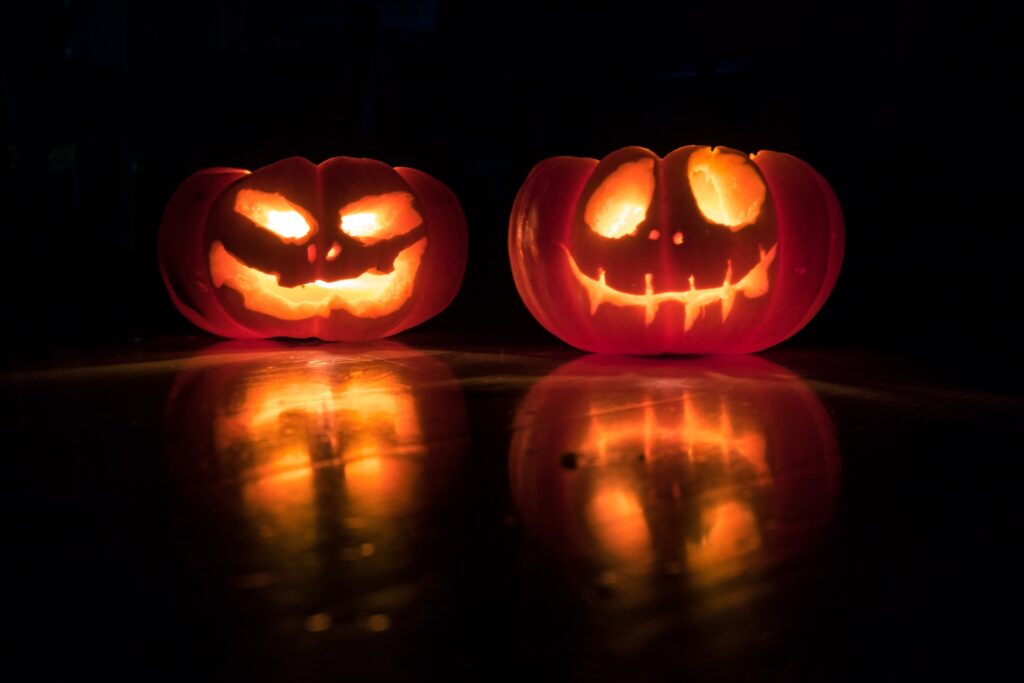Halloween is a popular holiday celebrated in many countries around the world. It’s a day filled with costumes, candies, and spooky fun. But have you ever wondered where Halloween comes from? Today, I’ll explain the origins of Halloween and how it has evolved into the holiday we know today.
Ancient Beginnings
Halloween, also known as All Hallows’ Eve, has ancient roots. Its history dates back over 2,000 years to the Celtic festival of Samhain (pronounced SA-win), celebrated on October 31st. Samhain marked the end of the harvest season and the beginning of the darker, colder days of winter. For the Celts, it was a time when the boundaries between the living and the dead were believed to be blurred.
The Roman Influence
The Romans conquered the Celtic lands and brought their own traditions to the region. Over time, two Roman festivals, Feralia and Pomona, merged with Samhain. Feralia was a day to honor the dead, while Pomona was a celebration of the goddess of fruit and trees. This fusion of customs added different elements to the Halloween traditions we recognize today.
The Christian Connection
In the 8th century, the Christian Church attempted to replace the pagan festivals with Christian holidays. November 1st was designated as All Saints’ Day to honor the saints and martyrs. October 31st became All Hallows’ Eve, which eventually evolved into Halloween. This Christian influence gave Halloween a more religious tone.
Traditions and Superstitions
During Halloween, people embraced various customs and superstitions. Dressing up in costumes, especially as creatures of the night, was believed to ward off evil spirits. Carving scary faces into vegetables, like turnips and later pumpkins, became a way to light the path for the wandering spirits. These traditions continue to be an essential part of modern Halloween.
Halloween in America
Halloween was brought to America by Irish and Scottish immigrants in the 19th century. It was celebrated with parties, games, and trick-or-treating. Over time, it grew in popularity and became the festive holiday we know today.
Conclusion
In conclusion, Halloween has a long and fascinating history, beginning with ancient Celtic traditions and evolving through Roman and Christian influences. Today, it’s a fun and spooky holiday celebrated worldwide, with customs that include costumes, pumpkin carving, and trick-or-treating. So, when you put on your Halloween costume and go out for some candy this October 31st, remember the ancient origins of this ghostly holiday. Happy Halloween!
Vocabulary list
- spooky (adjective): strange, or a little bit scary in a way that makes you feel uneasy or nervous.
- Celts (noun): A group of ancient European peoples who lived in the British Isles and parts of Europe.
- blurred (adjective): To make something unclear; when differences are difficult to see.
- conquer (verb): To overcome and take control of a place or people by force.
- fusion (noun): The process of mixing or merging things together to create something new.
- superstitions (noun): Beliefs in things that are considered lucky or unlucky, even though they may not be scientifically proven.
- ward off (phrasal verb): To keep away or protect yourself from something harmful or dangerous.
- martyrs (noun): People who suffer or die for their beliefs, often for a religious or political cause.
- carve (verb): Cutting and shaping something, often with a knife or a tool.
- festive (adjective): Related to or suitable for a joyful celebration or a festival.
